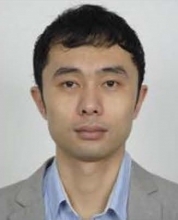Seminar on "The Productivity Consequences of Pollution-Induced Migration in China"
Abstract
Air pollution in Chinese cities lower amenity values and induce workers to move to less polluted parts of the country. Using an instrumental variables strategy, we show that it is young, educated workers that leave more polluted cities. These migration patterns affect the spatial distribution of skilled workers. Skill-biased geographical sorting results in higher wage returns in areas that see more out-migration of educated workers. With the help of a simple model, we quantify the productivity losses due to this sorting. We find that poor air quality substantially contributes to the spatial sorting of workers by skill group, which in turn results in differences in worker productivities across cities. Reducing pollution would raise output in high polluting cities and raise aggregate welfare.
Biography
Ran Song is a postdoctoral fellow at the Labor and Worklife Programme at Harvard University. Before joining the LWP, he was a postdoctoral fellow at the Harvard Center for Green Buildings and Cities (CGBC). Ran's primary research areas are environmental economics and labor economics. His recent research projects include willingness to pay for a clean environment in developing countries and robotic automation in China and. He is a member of the Harvard-IBM AI Automation on Labor (AIA-L) Research Collaboration Project. Ran received his Ph.D. in Economics from Sun Yat-Sen University. During his Ph.D. study, Ran received a National Scholarship from the Chinese Ministry of Education, and joined the China Air Filtration Project at Harvard University.




